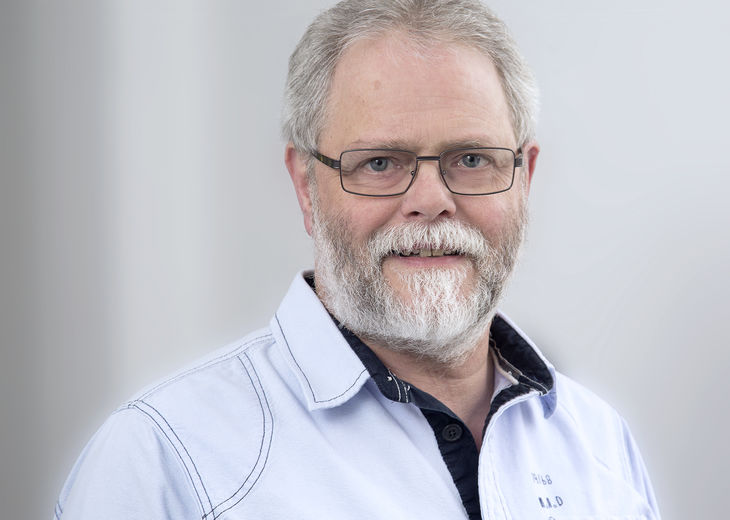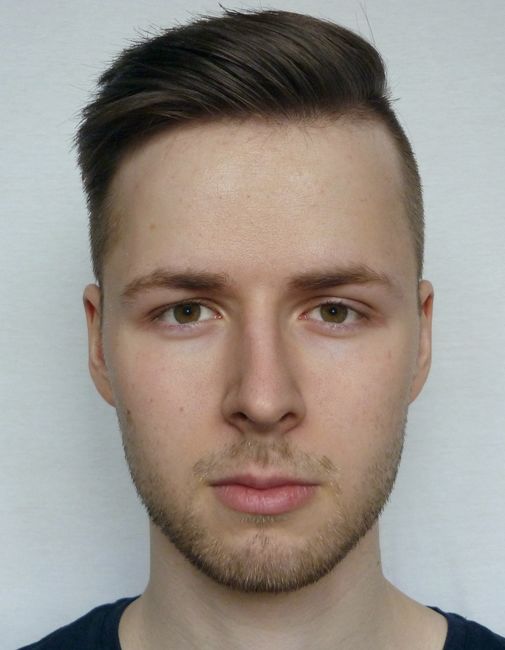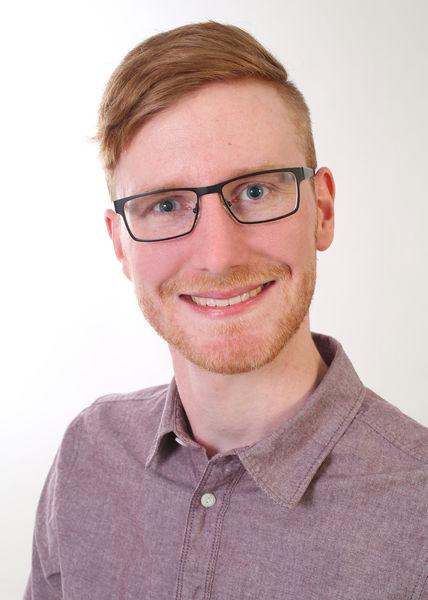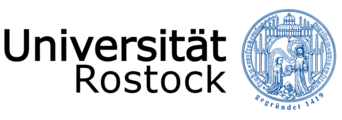Founded in 1419, the University of Rostock is the oldest in the Baltic Sea Region.
The Computational Intelligence Technology Lab (CITlab) Project Group of Prof. Dr. Roger Labahn is part of the Mathematical Optimization Group (head: Prof. Dr. Konrad Engel) at the Institute of Mathematics of the University of Rostock.
The CITlab group has several years of experience in the development of application-oriented algorithms and engines for text and handwriting recognition. Its work explicitly did extend towards both research and innovation as well as to technology development and implementation. The CITlab project group is well equipped to successfully contribute to the NewsEye project’s research and technology tasks related to and being necessary for Text Recognition and Article Separation: innovative improvements of established methods, and investigating new research grounds for Layout Analysis, Automatic Text Recognition and Article Separation based on state-of-the-art neural methods of Machine Learning domain.
Team Biographies
Prof. Roger Labahn

Prof. Dr. rer. nat. habil. Roger Labahn received his doctorate degree in 1987 and finished his habilitation in 1994, both in Discrete Mathematics / Combinatorics. Since then he was Senior Researcher with academic teaching duties in various fields of basic, applied and discrete Mathematics. His major interest and working area changed to Machine Learning and Neural Networks with strong focus on application-oriented research for algorithm design and technology development including software implementation. He led the various research projects of the CITlab groups with several R&D collaborators resp. PhD students, mainly targeting all aspects of Automatic Text Recognition based on state-of-the-art concepts of Computational Intelligence / Machine Learning. Here he was appointed adjunct Associate Professor for Mathematics in 2016.
Johannes Michael

Johannes Michael, M. Sc. received his Master degree in Mathematics from the University of Rostock in 2016 already with a thesis in the area of Machine Learning with Recurrent Neural Networks. Then he immediately started working in the CITlab group on projects on Automatic Text Recognition. Currently, he accomplishes the Horizon-2020 READ project tasks in application-oriented academic research, algorithm and technology development, and software & tool implementation including extensive experiments or testing in various application scenarios. He is particularly specializing in the efficient Regions-of-Interest detection in document images including their Layout Analysis.
Max Weidemann, M.Sc.

Max Weidemann, M.Sc. received his Master degree in Mathematics from the University of Rostock in 2016. In his thesis he applied Conditional Random Fields, a model often used in Machine Learning, to the field of Automatic Text Recognition. Right after that he started working in the CITlab group on tasks from the Horizon-2020 READ project including application-oriented academic research, algorithm and technology development and software & tool implementation. His current research focus is on the visual information extraction of documents such as historical newspapers with the help of Neural Networks. This includes Layout Analysis, Automatic Text Recognition and Article Separation.
Bastian Laasch, M.Sc

Bastian Laasch, M.Sc. received his Master degree in Mathematics from the University of Rostock in 2018. Already during the study he worked in the CITlab group and investigated the area of Artificial Intelligence and Machine Learning. His thesis deals with so called Word Vectors which are of particular interest for the content analysis of documents. Within the NewsEye project he develops algorithms to analyse the complex structure of newspaper pages.
